AI at CJC
AI at CJC News

Eugy Han co-authors article on how virtual reality can connect communities affected by climate change
November 5, 2025

Seungahn Nah co-authors 2021-2025 Worlds of Journalism Study Report “Technology in the Newsroom” chapter
October 31, 2025

Seungahn Nah serves as co-editor and co-author for Human-Machine Communication special issue
October 30, 2025
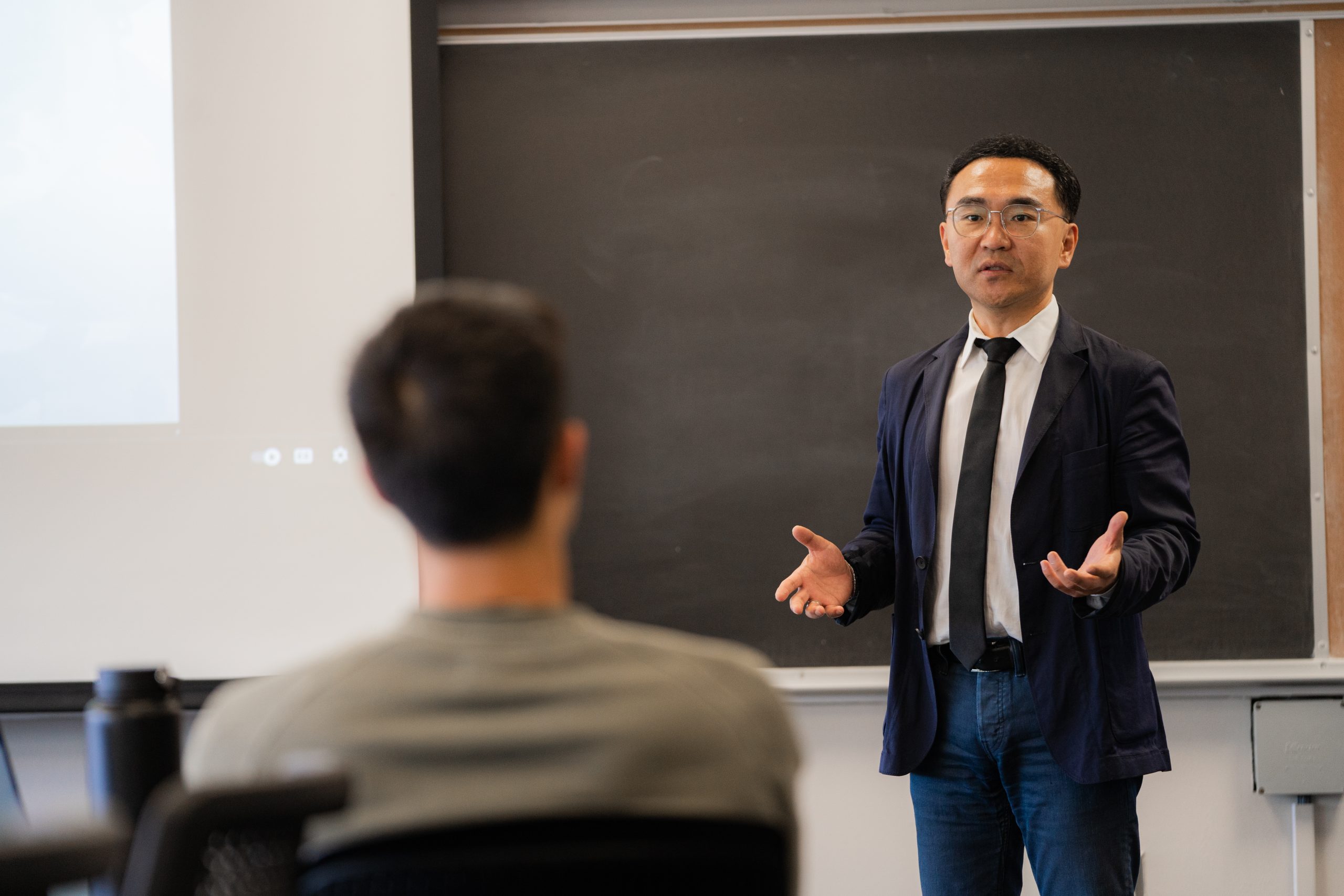
Seungahn Nah to Speak at 2025 Korean Press Foundation Journalism Conference
October 28, 2025
AI at CJC Research & Insights

Generative AI may help turn consumers into active collaborators and creators, study finds
In the advertising world, generative AI is transforming the way brands connect with consumers, turning audiences from passive viewers into active creators who can shape and personalize campaign content.
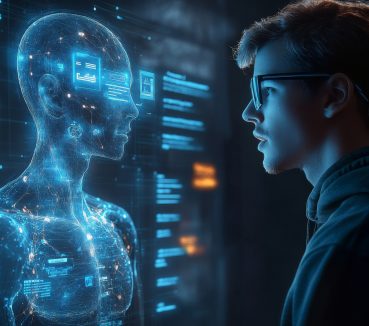
Can AI Speak Our Language: Exploring Human-Machine Communication
As AI continues to play an increasing role in both personal and professional spheres, the need to understand not just the outputs of these technologies, but also the processes behind them, becomes ever more critical. New research merges two growing fields — explainable AI (XAI) and human-machine communication (HMC) — to address how we can begin to bridge the divide between AI’s decision-making processes and human comprehension.
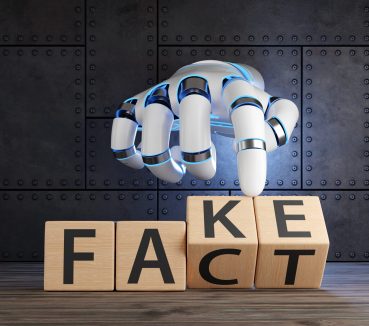
“Don’t Believe Everything You Read Online”: How AI Fact-Checking Could Challenge Political Bias in Science Information Processing
As social media has grown into many people’s primary news source, so has its potential for misinformation. Facebook and X have both launched fact-checking tools to combat so-called fake news. Yet many users dismiss the fact-check itself as false, especially when it challenges their preexisting views. Could an AI fact-checker seem more objective and help change minds?

AI Automates PR, But Human Intuition Still Rules
The central purpose of public relations remains rooted in creativity that artificial intelligence cannot replace. AI can help automate and streamline repetitive tasks, but it can't build relationships, craft compelling, authentic narratives and create events that engage target audiences, according to new research.

People Hate Stories They Think Were Written by AI. Even if People Wrote Them
Stories written by the latest version of ChatGPT were nearly as good as those written by human authors, according to new research on AI's narrative skills. But when people were told a story was written by AI — whether the true author was an algorithm or a person — they rated the story poorly, a sign that people distrust and dislike AI-generated art.

Can AI-Generated News Help Reverse the Declining Level of Trust in News?
Researchers pondered whether credibility and trust in news are sacrificed when articles are AI-generated and if public nonprofit perception could benefit from exposure to that content. Their conclusions: the higher the exposure and use of AI-generated news, the higher the credibility.
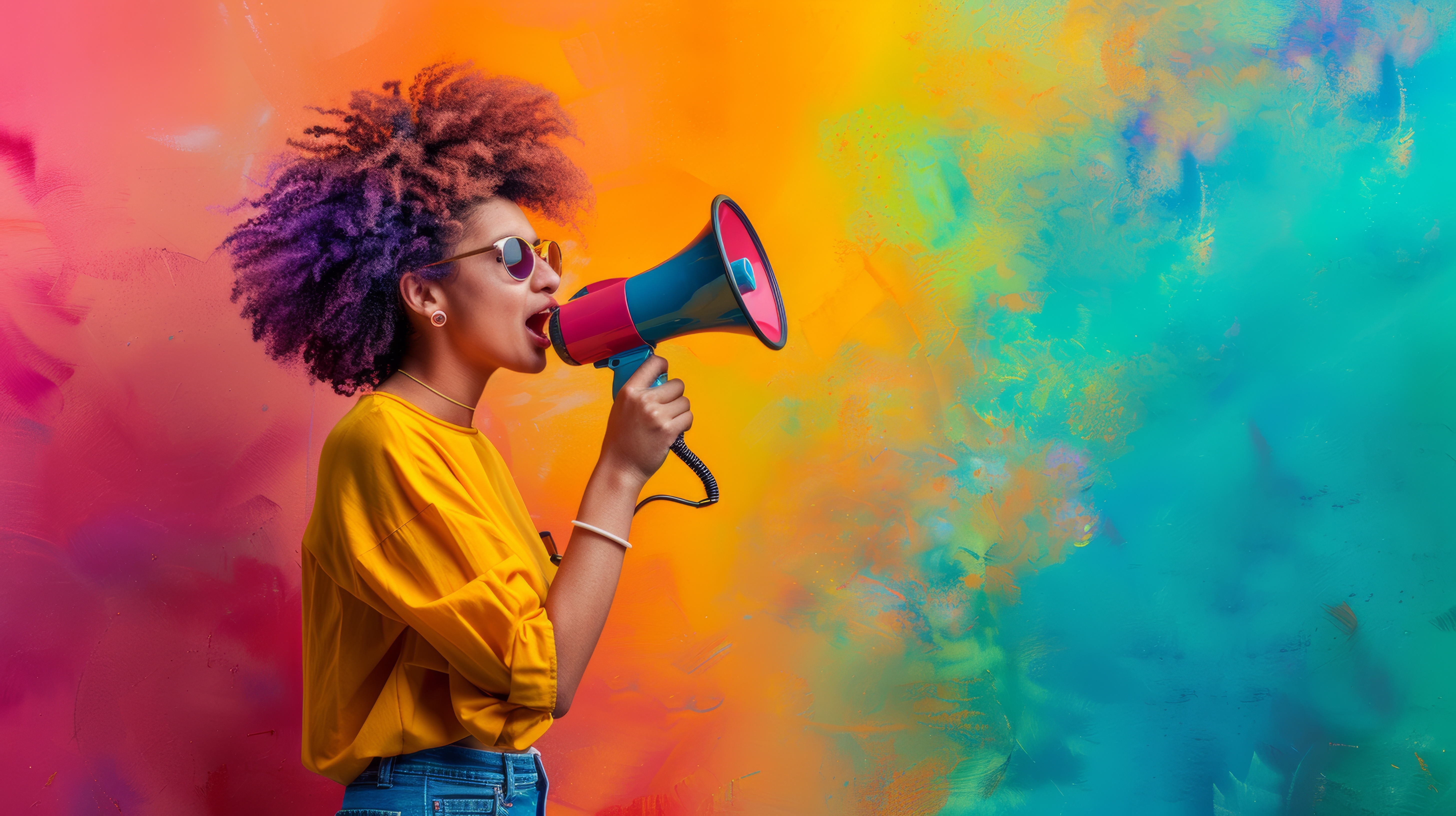
Look Who’s Talking: Celebrity Causes vs. AI-Powered Advocacy
Is a celebrity's endorsement truly helpful for a given cause? It depends on how authentic they seem. Despite the rise of AI-powered influencers, people still tend to trust their fellow humans, even if their motives are partly driven by profit.
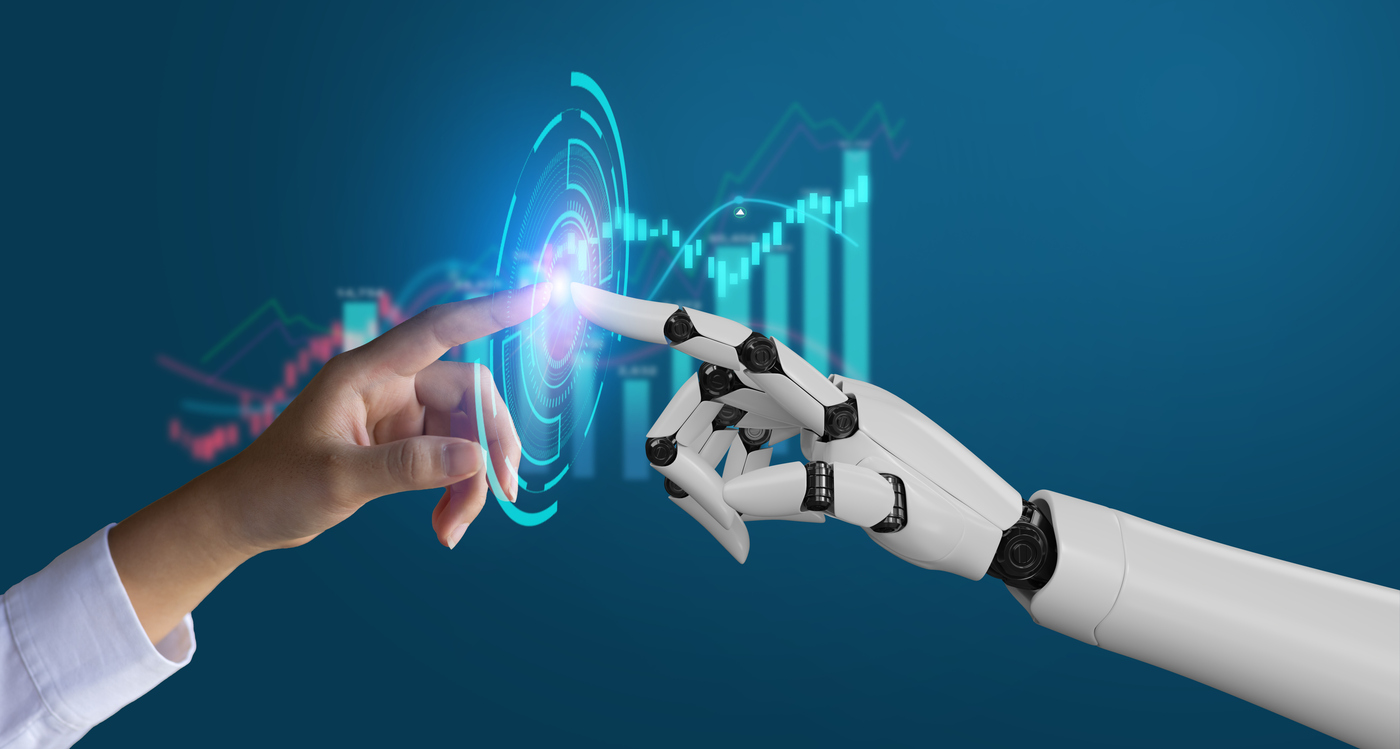
Decoding the Digital Dialogue: A Two-Step Framework for Human-AI Interaction
In an era where artificial intelligence is becoming increasingly ubiquitous, the line between human and machine communication is blurring faster than ever. New research offers a fresh perspective on how we interact with and understand artificial intelligence. This innovative approach aims to bridge the gap between two emerging fields: explainable AI and human-machine communication.
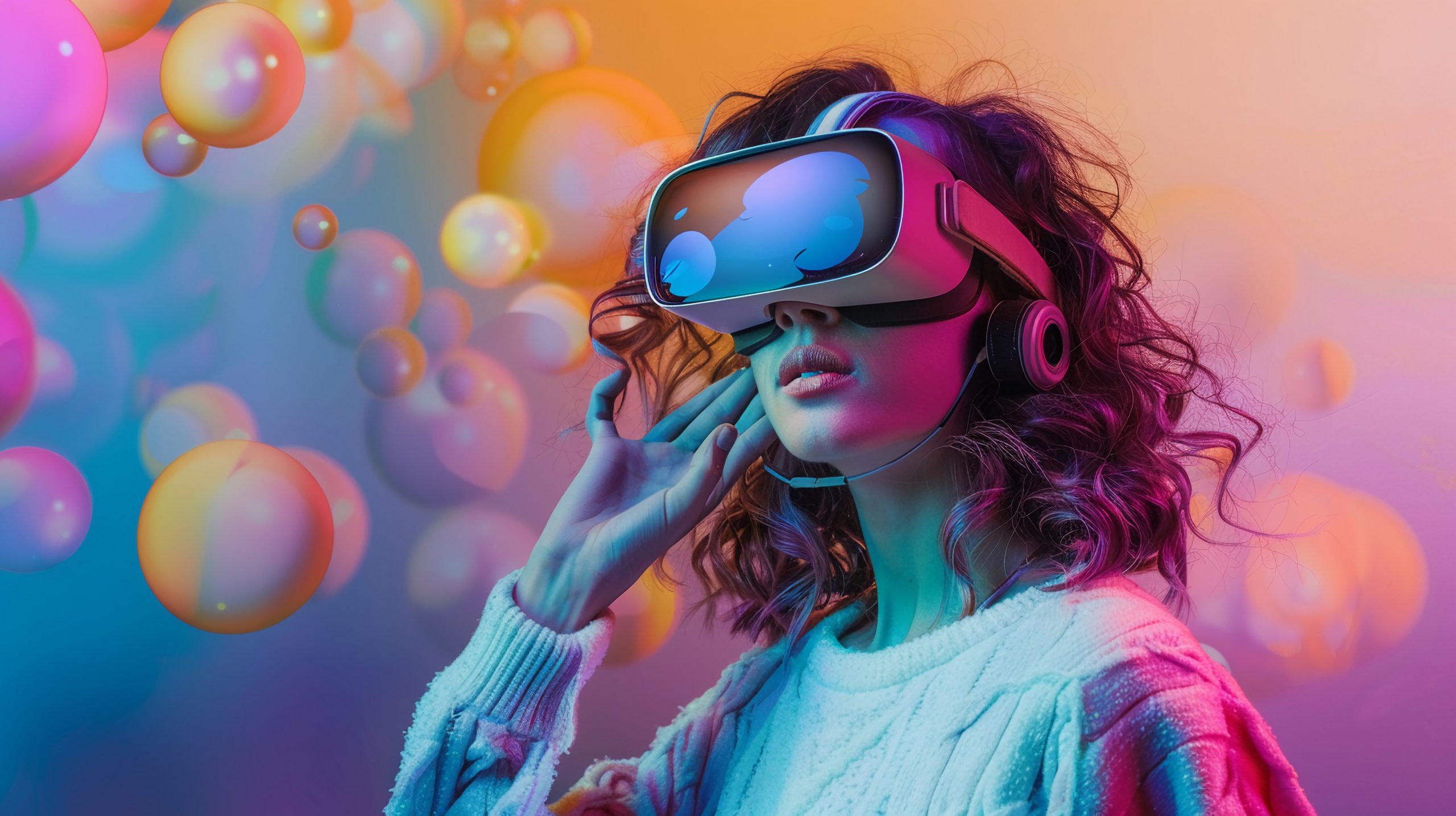
Pixels vs. People: The Battle for Consumer Trust in Influencer Marketing
New research examines the effectiveness of virtual influencers compared to humans in affecting brand attitudes and purchase intentions and found that, while virtual influencers are not yet ready to replace human influencers, they are carving out their own niche.

You, We and I, Robot: How Social Cognitive Theory Explains How Humans Learn from Machines
New research investigates whether humans can learn from machines as AI becomes increasingly sophisticated. Participants proved significantly more likely to imitate the robot’s choices when it demonstrated positive outcomes or no outcome information, compared to negative scenarios.
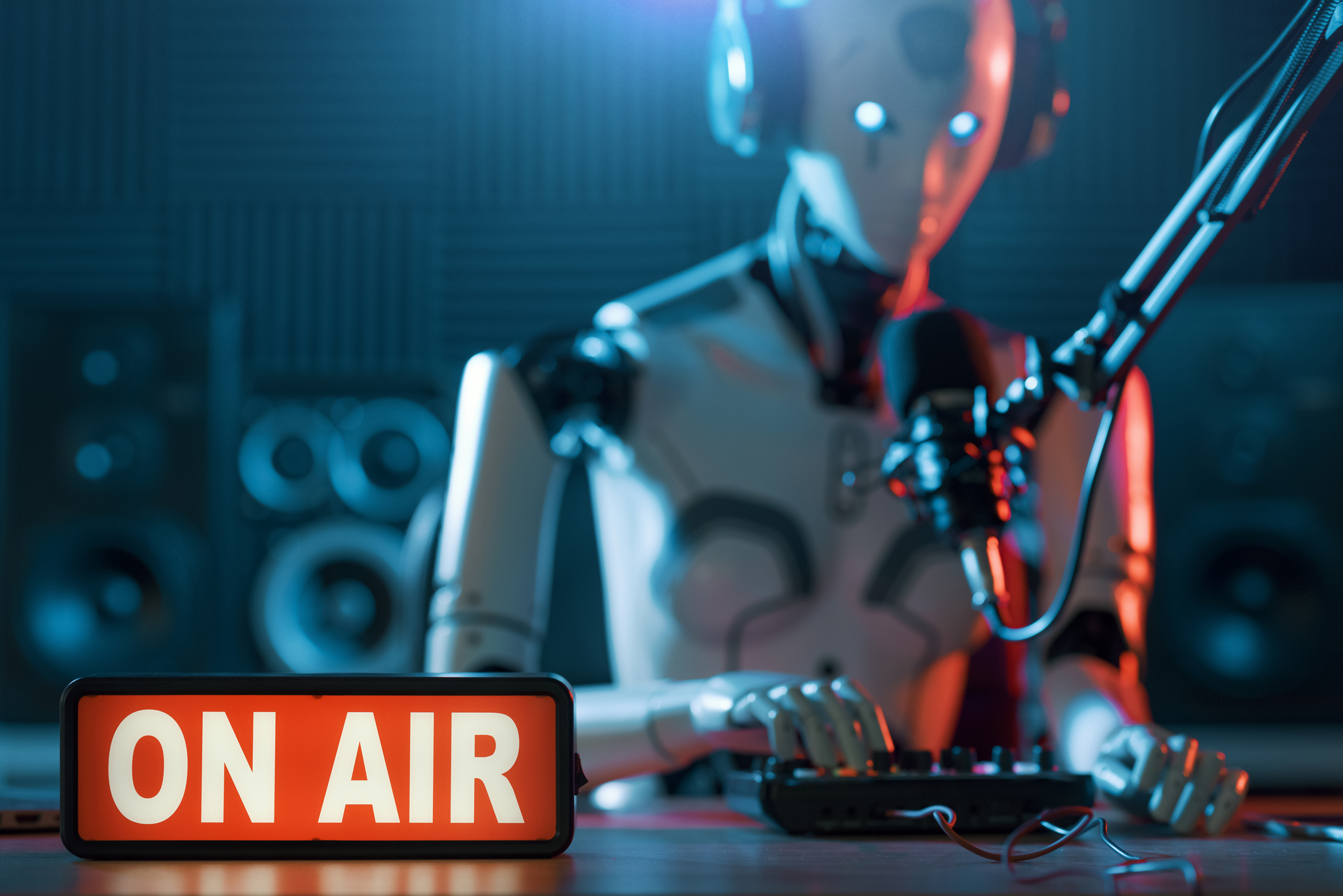
Beyond the Byline: Exploring Bias in Human- and AI-Generated News
In the world of news, artificial intelligence (AI) has been a silent partner for a lot longer than most realize. Researchers wondered, as AI is increasingly used to create content, if algorithmic biases existed in the telling of news.

Can Virtual Humans Combat Climate Change Misinformation?
Virtual (or artificial) humans, such as virtual human influencers, have become increasingly valuable to brands and marketers worldwide. But what about their effectiveness in tackling big societal issues? Could computer-generated characters effectively influence human behavior for the greater good?
